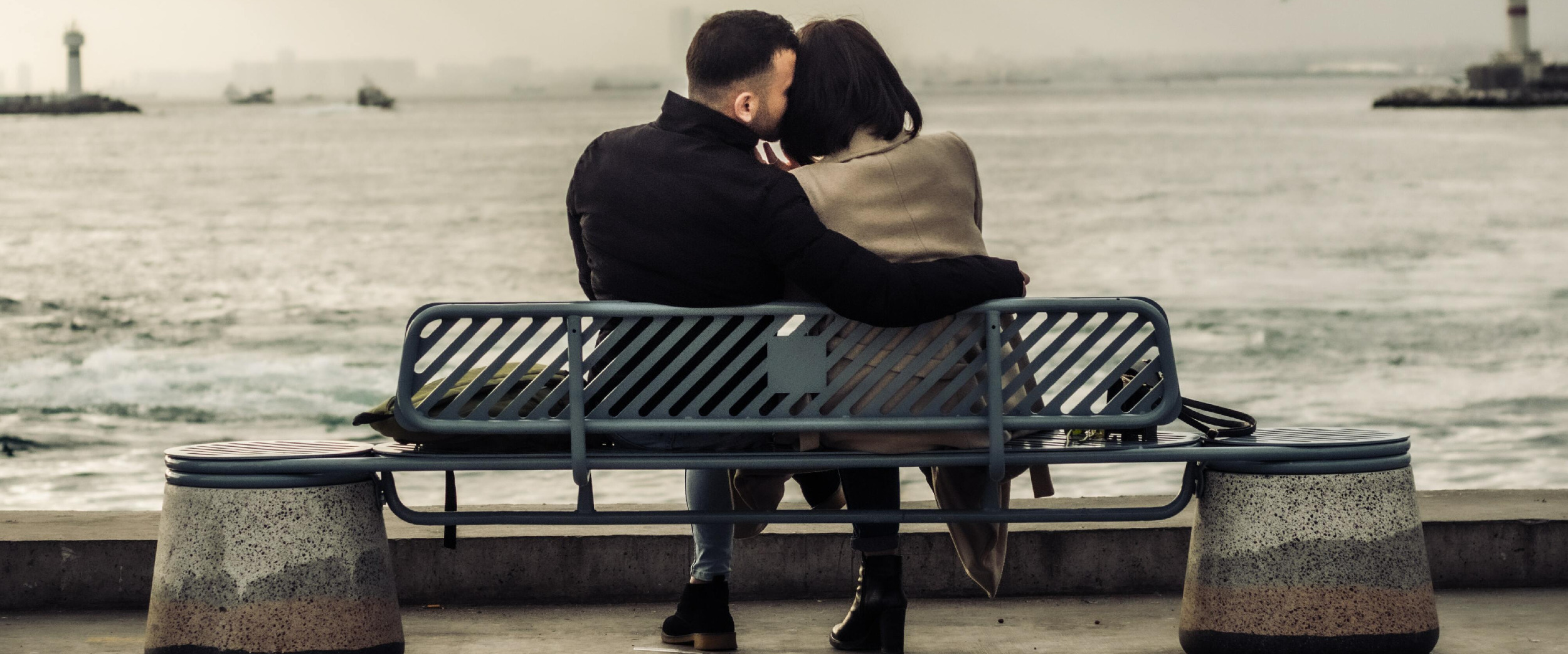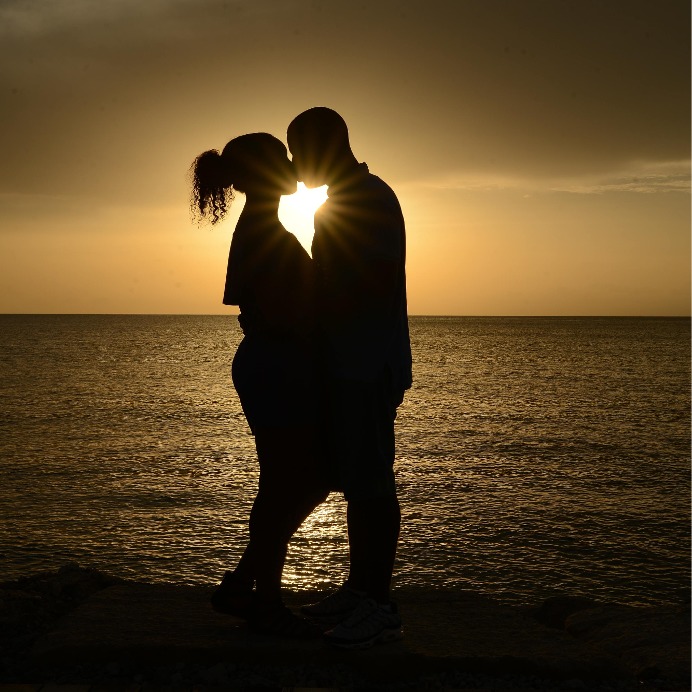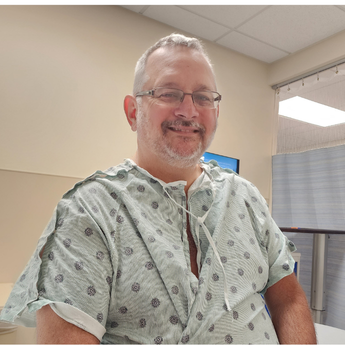The thought of dating after a breast cancer diagnosis and treatment might make you nervous or excited. It may also reawaken or increase emotional responses you had at diagnosis or during treatment. If you have anxiety or depression, these responses can cause you to focus on or magnify negative thoughts about your prospects for dating. If you want to date but feel reluctant to start, you might be having difficulty imagining yourself meeting new people and having fun. While relationship experts suggest that cancer survivors should not have more problems finding a date than people who are not cancer survivors, the physical and emotional changes you may have experienced might cause you to question things such as, when to tell someone new about your diagnosis? Will others find me attractive? What happens if things get intimate? What happens if I get rejected because of my diagnosis?
Deciding when to start dating after a cancer diagnosis is a personal choice. Some may find it challenging to start a new relationship or when trying to date while in active treatment. Chemotherapy, radiation, and surgery can affect your energy levels, appetite, appearance, and libido. You may not feel like you can be yourself on a date, or you may feel like you’re giving someone the wrong first impression of yourself. Being in active treatment or recovery also means a lot of your personal time could be taken up by medical appointments or travel time for those appointments. For these reasons, you may choose to wait until treatment has ended or until you’ve had a chance to recover before rejoining the dating scene.
Some people might think dating will help them to start feeling “normal” again, and going out might help keep their mind off issues related to their diagnosis. Others may have some anxiety about meeting new people or starting a relationship when they are still adjusting to the personal, psychological, and physical changes that come with a breast cancer diagnosis and its treatment. Young single people who’ve had a breast cancer diagnosis may feel more pressured to start dating again, especially if a lot of their peers are getting into relationships or getting married. It’s important that when you make the decision to start dating again, that it is on your own terms and for the right reasons.
One of the biggest fears you may face after rejoining the dating scene is how potential partners might react to the news of your diagnosis. This is something that is unfortunately out of your control, and different people will have different reactions. For instance, a personal or family experience with cancer can affect a potential partner's reaction to hearing about the survivor's cancer. If someone stops dating you after your disclosure, understand that it is not a personal reflection on you, and that some people just cannot handle that kind of information for various reasons. Remember, in that case, that person was not right for you, and that experience isn’t going to dictate all your future encounters.








